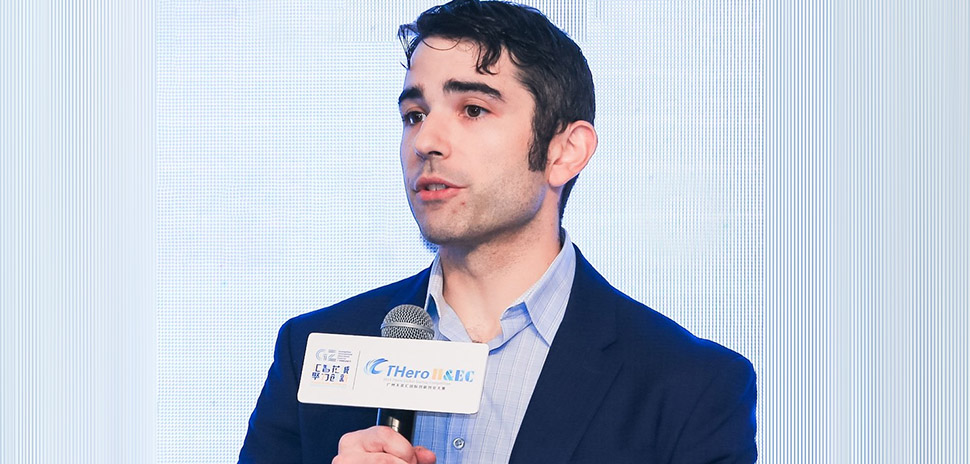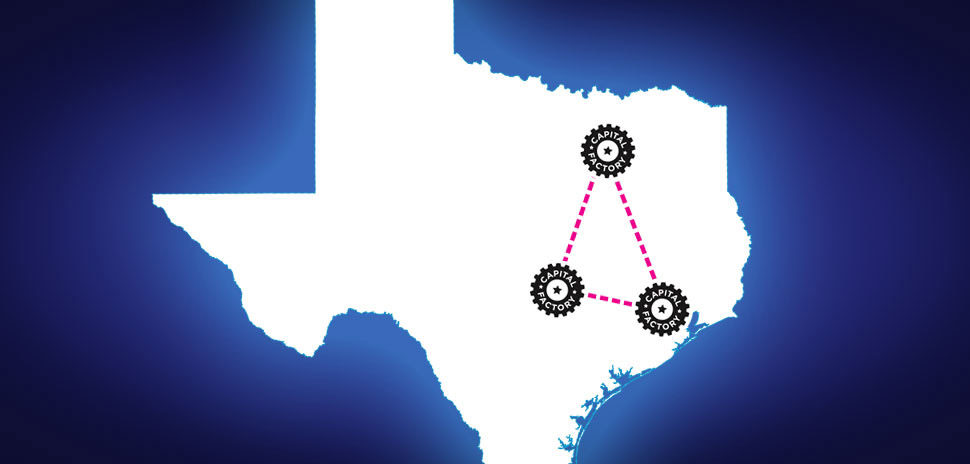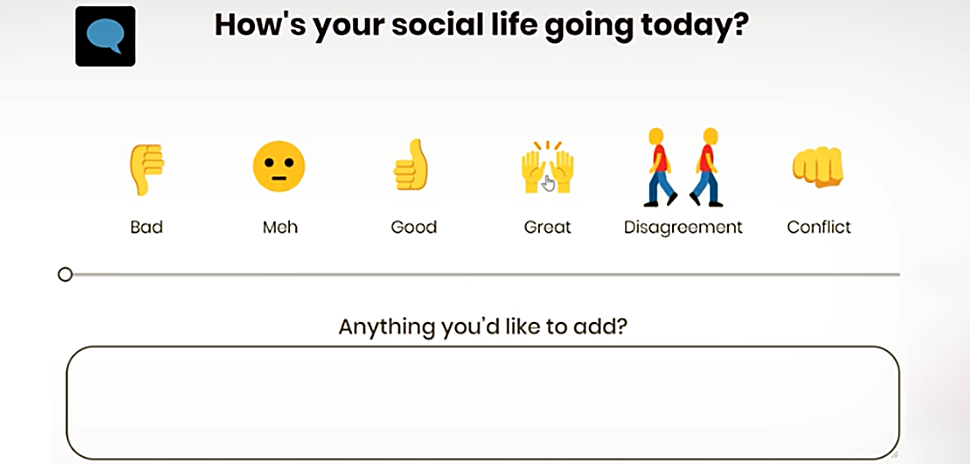Ed. Note: Dallas Innovates teamed up with MassChallenge Texas to highlight entrepreneurs and their high-impact companies in the current Texas cohort. Find them here.
Articulate Labs first attempted to launch in 2012, but found that its technology and the market were “a little early” for one another. The team hit the pause button, rebuilt their savings through consulting jobs, and ramped back up again in late 2017.
Today, Articulate Labs is a local startup that develops wearable devices to accelerate muscle strengthening and training throughout everyday activity. By delivering electrical stimulation to muscles as they’re being used in regular activity, the wearables are able to make the strengthening process more mobile, convenient, and effective.
The tech was initially developed to improve the existing standard treatment, according to Co-founder and CEO Josh Rabinowitz. The team hoped to address the inconvenience that can come with how much time is spent at a physical therapist’s office. Over time, their idea has evolved into a means of how to improve access to physical therapy.
Articulate Labs targets those who don’t get enough assistance with strengthening and training during a PT session due to lack of time, distance to the physical therapist’s office, challenges with reimbursement, and now, social distancing during the COVID-19 pandemic.
Rabinowitz and his three-person team have come a long way since that initial idea eight years ago. Now, they office out of the Health Wildcatters accelerator space and have raised a little over $500,000 for prototype development, clinician and user market research, quality system implementation, design history documentation, and proof-of-concept studies.
Articulate Labs also has four granted U.S. utility patents that cover its use of physics-guided AI to drive personalized muscle stimulation. Rabinowitz says this allows the team to model and track forces on the joint as a way to determine proper stim timing and location without exacerbating problems experienced by the user.
Up next, Rabinowitz aims to start making money after earning regulatory clearance.
“I’m proud of how we’ve handled hardware, software, and form factor development almost entirely in-house and how that development’s been informed by what’s now hundreds of possible users or prescribers providing feedback,” Rabinowitz told Dallas Innovates. “In the next year, success would look like a closed fundraising round, regulatory clearance, and having a post-market validation study launched along with multiple pilot projects.”
Get to know more about Rabinowitz and his team in our Q+A below.
Meet Articulate Labs
 Give us a real-world example of Articulate Labs’ work.
Give us a real-world example of Articulate Labs’ work.
My co-founder, Herbie Kirn, lost his right leg in a motorcycle accident and quickly wore down the cartilage in his left knee as an indirect result. He was told he was too young for knee replacement and that he should exhaust every conservative option available to him.
Physical therapy was highly effective, but it was also an hour round trip away from home three to four times a week. While he was sitting on a bench swinging his leg in time with an electrical muscle stimulation device, he wondered why he was driving for an hour to come to the clinic to go through these movements when he was already making these movements while shopping for groceries or walking up stairs every day.
That type of personal need showed up over and over when we started talking with other possible users.
Why did you start Articulate Labs?
We started this company after doing a quick Google search and discovering that the condition my partner was trying to treat affected not just single-leg amputees but tens of millions around the world.
At that point, we realized that others could make use of this tech and that we should do everything in our power to get it out to those who need it most.
What is the market opportunity in your sector?
Relating to knee replacements alone, we estimate around $3 billion is being spent annually on additional healthcare goods and services specifically related to quadriceps muscle atrophy and weakness.
In the sports medicine market, over 250,000 ACL or PCL repairs and 750,000 arthroscopic procedures are performed every year, each one of which will require more rehabilitation than is covered by insurance. The same situation likely applies to the nearly 150,000 people who injure their knees while working who wind up receiving care through workers’ comp.
How do you expect the MassChallenge cohort to make a difference to your team?
We expect to expand our network of engaged clinicians, validate our business model, and earn non-dilutive funding to support our work.
What can you tell us about your company culture?
Our culture is quiet, resourceful, and humble.
What sector trends are you most excited about?
We’re excited to see remote monitoring and therapy go from something medical societies view as evil to becoming a valuable tool. Also, while the freeze on elective procedures does offer the opportunity to talk with surgeons and therapists about conservative options that they wouldn’t have considered before otherwise.
What’s on the horizon for you and your company?
Regulatory clearance. That’s about all I care about at this point. Our options for earning revenue and efficacy data open up dramatically after that.
Has the pandemic and social environment shifted your plans this year?
We’ve had to switch many of our demos from in-person to virtual. It’s not been a big hit yet because there’s so much lost by not being able to wear the device, but it at least allows us to keep conversations moving with clinicians.
We’re putting more emphasis on the data collection and app development efforts as they’ll best assist the drive towards remote, contactless care that’s newly reimbursable for physical therapists.
![]()
Get on the list.
Dallas Innovates, every day.
Sign up to keep your eye on what’s new and next in Dallas-Fort Worth, every day.































